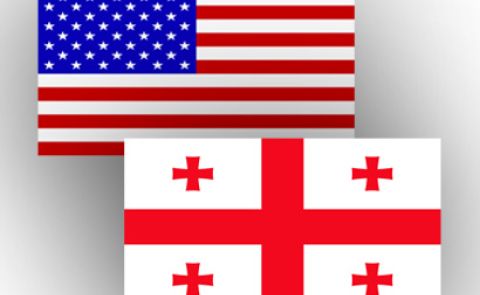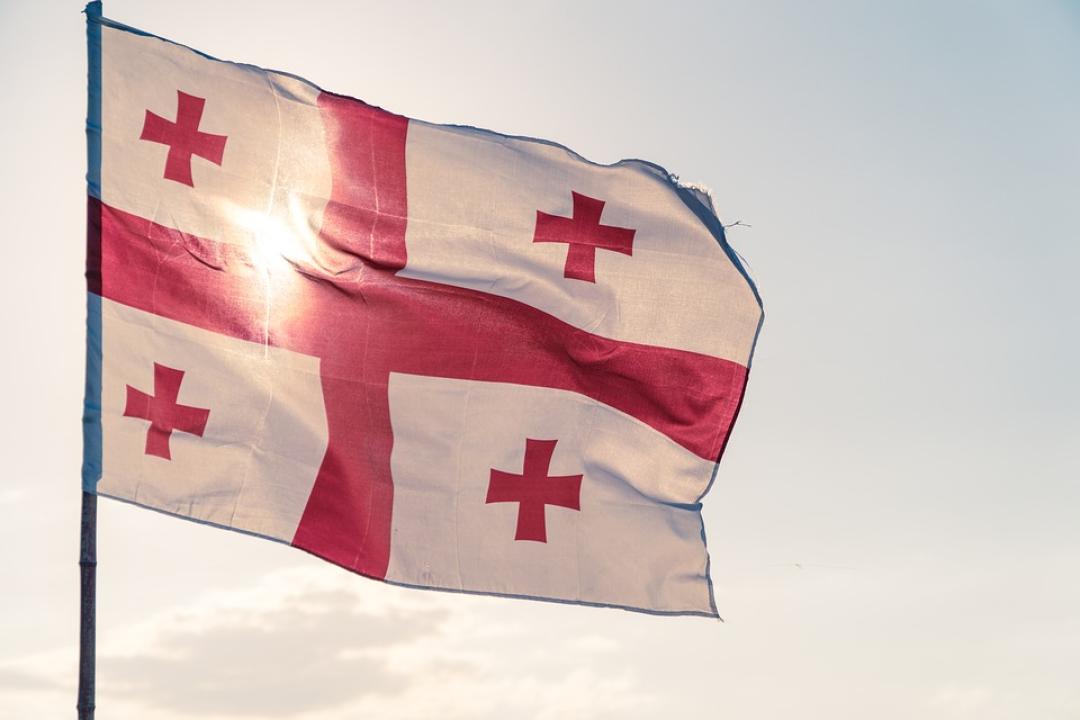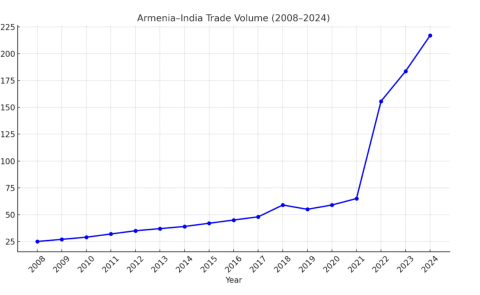
Georgia and the West-Russia Standoff Over Ukraine

The Russia-US talks on European security are as much about Ukraine as they are about Georgia. A particular focus on Ukraine is understandable, but a real loser in this great geopolitical game could be Georgia, especially at the time when it experiences internal divisions.
The ongoing negotiations between Russia and US regarding the security architecture in Europe and primarily NATO’s position on the continent is mostly centered on Ukraine. This takes place amid Russia’s accelerating military build-up near its western neighbor’s borders. Emphasis on Ukraine is understandable. It is the largest European country with an attractive geographic position. Additionally, it is also a state with which Russia shares history, culture, and is hoping to build a new order where Kyiv will duly acknowledge Moscow’s authority by renouncing its pro-Western aspirations.
What is strange however is the lack of attention paid to other theaters of West-Russia competition. It is in those areas where Russia strives to gain greater geopolitical benefits. In fact, it is easier for Moscow to operate elsewhere while the West is preoccupied with Ukraine. It is a perfect case of Russia concealing, masking, and covering its intentions and moves.
For instance, in Belarus Russia has essentially created a space for potential military operations whether it is against Ukraine or countries laying further westward. Belarus at least could serve as a ground various missile system in case Russia does not attain its goal of the US renouncing its plans of missile deployment on European continent. The Belarussian leadership’s weakness following the 2020 presidential elections was cleverly used by Russia. Any semblance of Minsk trying to play a multi-vector foreign policy, which was seen in 2018-2020 are now cast away for years, if not decades.
Similar process of benefitting from crisis is Kazakhstan, where the country-wide unrest in early January left the government weakened. Vulnerable to potential future troubles the Kazakh government is likely to rely more on Moscow whether in economics or general foreign policy. Here too we are likely to see a reversal in Kazakhstan’s attempts to build a diversified foreign policy.
Russia is unlikely to win the present diplomatic war over Ukraine. Its demands are unsustainable especially as Moscow is unwilling to make concessions of its own. Perhaps a grand bargain with the West could have been something about Russia leaving Donbas along with Abkhazia and South Ossetia in exchange for Tbilisi and Kyiv slowing or entirely renouncing their NATO aspirations.
The attention on Ukraine is about Moscow concealing its moves elsewhere that are likely to have more geopolitical impact. Ukraine is large and important but Russian demands were not limited to the country. Georgia also features in the calculations. This makes Tbilisi particularly vulnerable to the ongoing struggle between Moscow and the West.
The Kremlin is well aware that it has already lost Ukraine. But smaller Georgia is more likely to fall under its fold. Currently, internal divisions in Georgia are more acute than before. The country politics are traditionally insular, but over the past several years the trend has become starker. The country is also on the verge of re-considering some tenets of its foreign policy. NATO and EU membership will likely remain critical, but the official Tbilisi seems to build a more versatile, more nuanced foreign policy. Cooperation with other powers would arm Georgia with more foreign policy tools. In other words, Tbilisi might turn to tactical shifts in its foreign policy where, for example, an exclusive emphasis on the ties with EU might give way to more maneuvering.
This is far more likely to play out as tensions are emerging between Tbilisi and its Western partners because of the slow pace of reforms, inefficient governance and a growing trend of criticism emanating from the ruling party, Georgian Dream, at the West. An illiberal tide is on the rise in Georgia.
Thus, for Russia there are a number of congenial developments through which it could exert substantial influence to further isolate Georgia. Though it is popular to think about Moscow’s approach toward Georgia often in military terms, it is more realistic that future steps will be more about diplomacy gradually limiting Tbilisi’s maneuverability, using difficulties it has with the West.
The 3+3 platform is one of those tools. The initiative aims to include the three South Caucasus states and three Eurasian powers that border the region, Iran, Turkey, and Russia. Regionalism is a powerful weapon against powers which do not border on the South Caucasus. Since Georgia is closely aligned with the US and EU, the 3+3 idea is likely to limit its foreign policy. A certain level of exclusion of the West from the region is pursued.
Some elements of measured coercion could be also used. Increased levels of borderization in South Ossetia along with a greater number of kidnappings of Georgian officials are pressure points where Tbilisi is especially vulnerable.
Yet another tool is a softer diplomatic move. Moscow might create a semblance of willingness of limited rapprochement between Tbilisi and Sokhumi/Tskhinvali. This is an idea which could distract Georgian politicians, create political commotion internally, and eventually create a more positive picture of Russia in Georgian society.
However, limits of such policy too should be mentioned. When analyzing what Moscow’s ultimate foreign policy goals are toward Georgia, it is, contrary to many unfounded analyses, unlikely that the Kremlin seeks a regime change in Georgia. It does not seek an installment of an openly pro-Russian government either. The latter would be more problematic for Moscow as calls for resolution of Abkhazia and South Ossetia problems will be more troublesome to hear.
Rather, for Moscow it is far more efficient to have a government in Georgia which is relatively unstable, without concerted support from the West, and unable to build a long-term foreign policy to advance its national interests. This would make Tbilisi less immune to Russia’s demands and in the longer term such a state of affairs would actually cost Russia less and create even fewer troubles with Tbilisi.
Limited sovereignty is what Russia pursues for its neighbors. Ukraine is an important topic in US-Russia negotiations, but a real loser in this competition could be Georgia. Exposed to Moscow’s ambitions in the region, Tbilisi has limited foreign policy options and even far smaller military and economic power to withstand.
Emil Avdaliani is a professor at European University and the Director of Middle East Studies at Georgian think-tank, Geocase.
See Also


Armenia and India: Building New Bridges in Trade and Strategy

Between Tehran and Tel Aviv: Azerbaijan’s Neutrality Dilemma Amid Rising U.S.-Israel Tensions with Iran

From Neorealism to Neoliberalism: Armenia’s Strategic Pivot in Foreign Policy After the Nagorno-Karabakh Conflict

Georgia and Russia: New Turn in Bilateral Relations

